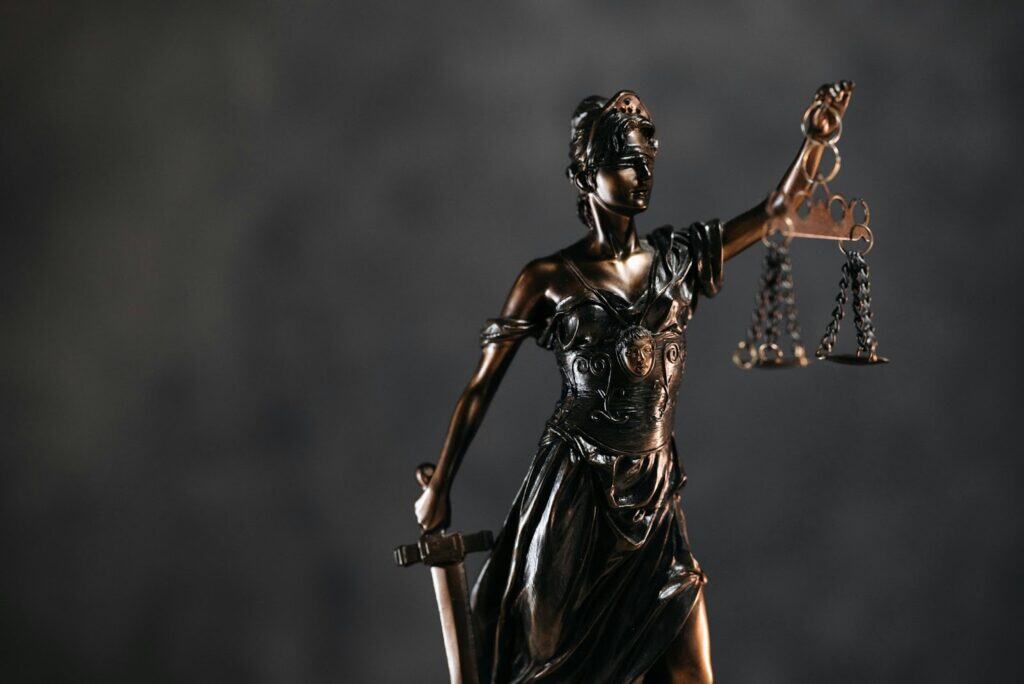Justice in the Making – The Responsibility of Proximity
As I prepare to take my first steps into my life as an official law student, I’ve been reflecting deeply on the power that lies not just in the degree I’m pursuing, but in the place I’ll be pursuing it. DC is the hot spot of lawyers, and I will be surrounded by young aspiring legal change makers. It is my sincere hope that I find a community of like-minded criminal justice advocates. It is overwhelming and incredibly exciting to think about the sheer access and influence that we will all have.
Washington, DC, is a city where the decisions made here echo well beyond its borders. Power is tangible, from the marble steps of the Supreme Court to the halls of Capitol Hill, even if it’s not always evenly distributed. As a law student here, you’re not just close to it. You’re in it.
Law school often seems like a whirlwind of reading, cold calls, and outlines, yet beneath it all lies something more exciting: access. Access to conversations, institutions, and leaders that can shift policy and struggle for justice. Within criminal justice, one of the most disparate systems in our country, law students have a special responsibility to do more than learn the law. We can mold it.
At American University Washington College of Law (AUWCL), the opportunities to experience real-world criminal justice work are already at our fingertips. Students can work directly with clients in programs like the Criminal Justice Clinic, working with clients in criminal proceedings and advocating for fair outcomes. Through externships with the Public Defender Service for DC, U.S. Attorney’s Office, and organizations like Rising for Justice, students receive an up-close look at both sides of the courtroom and the systemic challenges of each.
In addition to litigation, AUWCL also offers ample opportunity for engagement in policy and reform. Students can work with advocacy groups, intern on the Hill, and work with groups like the Sentencing Project, where policy change is drafted, argued, and fought into implementation. Working at clinics, participating in public hearings, or joining student groups like the Criminal Law Society are all paths to begin affecting the system even before sitting for the bar exam.
And these are not just resume lines; they have real physical importance. There are chances to stand with those who have been silenced, marginalized, and systemically excluded. This all sounds so incredibly exciting to me. Even though this is not the direct law path I plan to take, I cannot wait to be involved on such a close level.
DC offers a special chance to listen, to act, and to advocate. But no matter where we study, the same fact remains: the law is a deeply important field for all humanity.
My name is Sophie Pilkington and I am from a small town in Western North Carolina where I grew up on big blue mountains, with my very big family. I now attend The University of North Carolina at Chapel Hill and will be graduating with my bachelor’s in May of this year! I will be graduating with a double major in Political Science and History and a minor in Women and Gender Studies, and I hope to attend law school in the Fall of 2025. I am currently waiting for final decisions on my law school applications and taking a breather before I embark on this journey! I love dogs, horses, reading, hiking, and all things History related! I even just came back from a semester abroad in Florence, Italy. Thank you for taking the time to read my blog and get to know me!
Sophie Pilkington
